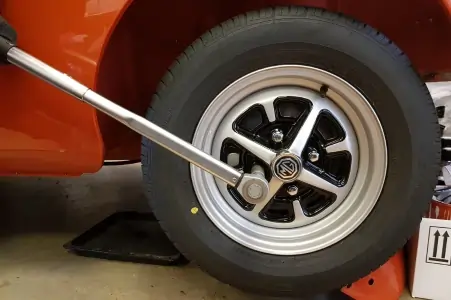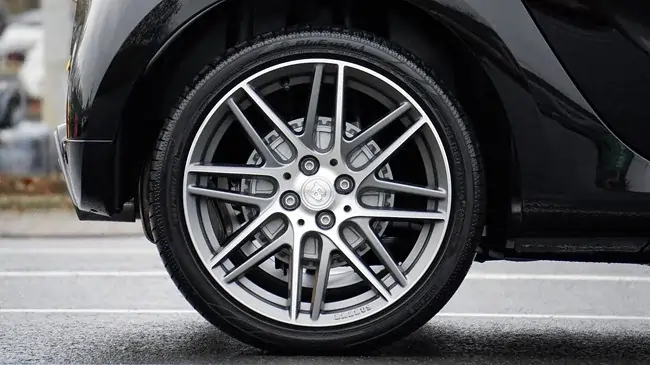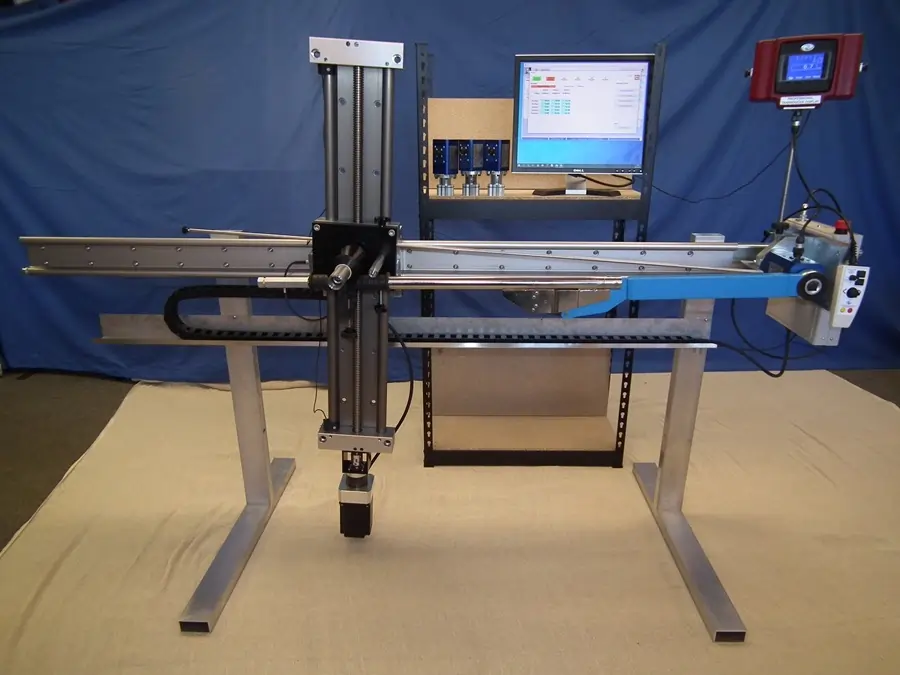
When it comes to safety on the road, nothing should be left to chance. Did you know that a report back in 2017 from Tire Dealers Association of Canada discovered that 85% of wheel separation incidents were caused by fastener failures, potentially caused by improper use of torque wrenches?
Every automotive manufacturer states a torque value that each individual fastener should be tightened to. But like any precision tool the readings of these torque tools can drift over time. So how can you be sure your torque tools are applying the correct amount of torque? The answer: Calibrations.
The process of calibrating a torque tool ensures that your equipment is reading reliably and accurately to a predetermined standard, whether this is an international standard such as BS EN ISO 6789:2017, or your own internal in-house standards. We have discussed in depth the key details of BS EN ISO 6789:2017, and how the standard differs to its predecessor BS EN ISO 6789:2003 in a previous white paper, which can be found here.
The manufacturing process of a vehicle relies heavily on the accuracy of the tools being used, and as such torque tool calibrations play a critical role in keeping drivers safe and recalls low in the automotive industry.


So what can go wrong by applying too little torque to a wheel nut? Simply put, under-torquing a fastener will cause it to come loose, which will not only lead to that nut's fixing to fail, but it also adds extra fatigue on the other wheel nuts. This greatly increases the chance of the other wheel nuts failing, ultimately causing the wheel to wobble whilst driving, or worse, the wheel separating from the car.
We've discussed the dangers of applying too little torque to a wheel nut, but what happens when you apply too much torque to the fastener? Over-torquing wheel nuts can cause the threads to be stripped or stretched beyond their limits, distorting its shape and causing the wheel nut to fail. It can also cause cracks to form in the wheel rims. This then places extra force on the other remaining wheel nuts, adding fatigue and increasing their chances of failure as well. This will lead to the wheel becoming detached.


In order to avoid these dangers of inaccurate torque readings becoming a reality, ISO 6789:2017 recommends you calibrate your torque tools every 12 months, or every 5,000 operations, whichever comes around quicker.
If you're looking to incorporate torque tool calibrations into your automotive company to keep your customers safe, as well as reduce your company's threat from recalls, we have a range of torque calibration equipment that complies with international standards such as ISO 6789:2017 as well as your own in-house standards.
Contact us today to get in touch with one of our experts who will be happy to discuss your requirements. Simply send us an email to sales@awstorque.co.uk, or give us a call on 01295 266939.